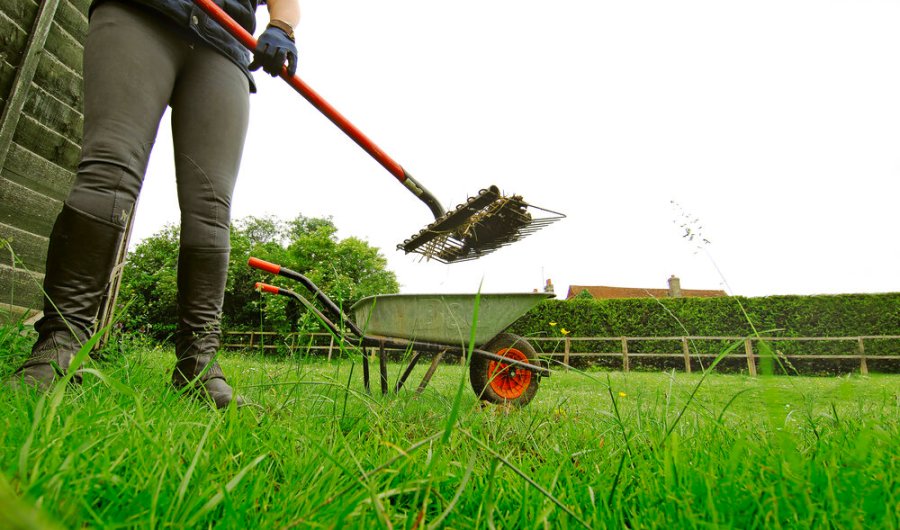As we enter autumn, horse owners are being asked to review their horse’s parasite control as part of Westgate Labs’ ‘The Horse First. Every Time. Every Season’ campaign for horse care.
This is particularly important this year following the unusually dry summer we have experienced in the UK, which has affected grazing quality.
Every horse owner has a responsibility to test for worms first in order to fight growing resistance to worming drugs, which is a growing and serious threat to horse health around the world.
Westgate Labs, the UK’s leading equine parasite control specialists, have launched the campaign to highlight the importance of tailoring parasite programmes to individual horses and to encourage owners to review parasite control and carry out a worm count regularly.
“Many owners are surprised by the factors that can affect a horse’s parasite risk,” explained Westgate Labs director, Kristy Hodgson.
“In our experience, anything that adds extra pressure on the body, whether that’s underlying illness or environmental conditions, can make it harder for horses to cope with parasite challenge.
“Chances of infection likely to rise”
“Add in reduced grazing quality — so many paddocks have been completely burnt off this summer that horses are cropping nearer to the ground and closer to dung piles to find forage — and the chances of infection are likely to rise.
“Regular worm egg counts and tests, supported by risk assessment and good field management like poo picking, really help.
“Monitoring egg shedding means treatments are only used when necessary. That reduces costs for the owner, supports horse health, and helps slow the spread of anthelmintic resistance across the equine population.”
Owners are recommended to follow the CANTER (Controlling ANTiparasitic resistance in Equines Responsibly) guidelines, which have been written by vets, parasitologists and other industry professionals and provide evidence-based information on the key principles on sustainable equine parasite control.
The UK’s first commercially-available test for large strongyles (redworms) in horses was released in July following an increase of this potentially fatal parasite on yards in Europe.
Related content
- When to test for worms: essential horse worming schedule from a vet
- New test available for potentially fatal redworm (and you don’t need to buy it from a vet)
- Guidelines revealed as industry seeks sustainable parasite control
- Resistance to horse wormer: action every owner must take now or ‘horses will die’
- Worm egg counts explained







